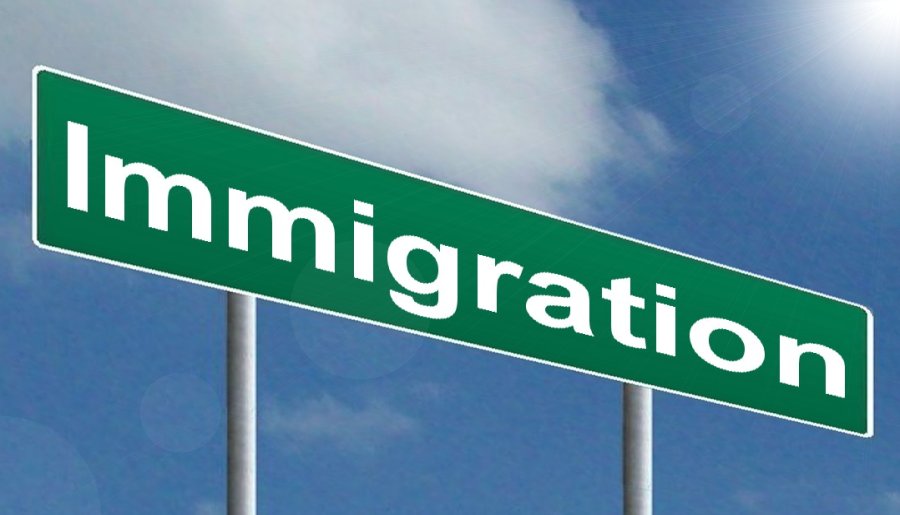
Many people often ask the difference between Residence and Permanent Residence Visa status. Both enable the holder to remain in New Zealand permanently, but there is an important difference.
The holder of a Residence Visa is able to
- Travel to New Zealand in accordance with the conditions of the Visa relating to travel; and
- Apply for entry permission.
If the holder of a Residence Visa is granted entry permission, they are able to
- Stay in New Zealand indefinitely;
- Work in New Zealand or the exclusive economic zone of New Zealand; and
- Study in New Zealand.
The holder of a Permanent Residence Visa is able to
- Travel to New Zealand at any time;
- Be granted entry permission;
- Stay in New Zealand indefinitely;
- Work in New Zealand or the exclusive economic zone of New Zealand; and
- Study in New Zealand.
The key difference between Residence and Permanent Residence Visa status therefore is in the ability to travel to (and from) New Zealand. The Residence Visa comes with travel conditions which are normally two years in duration from the first day the holder has in New Zealand as a Resident, while with the Permanent Residence Visa the holder is able to travel to New Zealand at any time.
A Residence or Permanent Residence Visa is only cancelled in certain situations, but the holder should ensure that when they get a new passport upon expiry of an old passport, that they apply for a transfer of the Residence or Permanent Residence Visa to the new passport.
In order to qualify for a Permanent Residence Visa, the holder of a Residence Visa must;
- Hold a Residence Visa and have held it for at least 24 months;
- Their first day in New Zealand as a Resident needs to be at least 24 months before the application for Residence is made;
- The holder can demonstrate a “commitment to New Zealand”;
- The holder has met any conditions imposed on their Residence Visa;
- The holder meets character requirements.
“Commitment to New Zealand” can be demonstrated in one of five ways;
- Significant period of time spent in New Zealand. The holder has spent 184 days or more in New Zealand, in each of the two 12 month periods of the 24 months immediately preceding their application for Permanent Residence.
- Tax residence status in New Zealand. The holder has spent 41 days or more in New Zealand, in each of the two 12 month periods of the 24 months immediately preceding their application for Permanent Residence, and the holder has tax residence status in New Zealand.
- Investment in New Zealand. The holder has been approved a Visa under the Business Investor category and has met conditions imposed on their Visa, OR the holder has been approved a Visa other than under the Business Investor Category and has maintained an investment in New Zealand of $1,000,000 or more that meets requirements for investment funds;
- Establishment of a business in New Zealand. The holder has successfully established a business in New Zealand that has been trading successfully and benefiting New Zealand in some way for at least 12 months.
- Base established in New Zealand. The holder and every member of the family who also holds Residence has resided in New Zealand for at least 184 days in the two year period immediately preceding their application for Permanent Residence, AND they own and maintain a family home in New Zealand OR they have been engaged in full time continuous genuine employment in New Zealand immediately preceding the application for Permanent Residence.
The way that most people qualify for Permanent Residence is by meeting the significant period of time spent in New Zealand requirement, as this is the most straightforward method.
Family members who were included in a Residence application will also qualify for Permanent Residence, where the Principal Applicant meets at least one of the five commitment to New Zealand requirements.
Having said all this, there are some classes of Residence Visas which carry what are called “section 49 conditions”. This includes Investors and those granted Residence under the Parent category. Discussion of some of these special cases is found in our blog from February 2019.
There is one more piece of the puzzle which people often ask about, which is the grant of New Zealand citizenship. New Zealand citizenship enables the holder to;
- Live in New Zealand indefinitely;
- Travel overseas on a New Zealand passport;
- Stand for Parliament or local government;
- Have full economic and social rights;
- Represent New Zealand in Sports.
To qualify for New Zealand citizenship there are some key requirements which must be met including:
- The applicant has been living in New Zealand as a resident for at least the last five years;
- The applicant has spent enough time in New Zealand in the last 5 years, which is at least 240 days in each 12-month period at 1,350 days across the 5 years;
- Be able to hold a conversation in English;
- Be of good character.
New Zealand allows dual citizenship to be held, so if an applicant’s home country also allows dual citizenship, the result can be that the holder is a citizen of more than one country. However, bear in mind that some countries do not themselves allow for dual citizenship. If you are from one of those countries, then you may face a difficult choice about whether to keep your old nationality, or give it up for New Zealand Citizenship.
